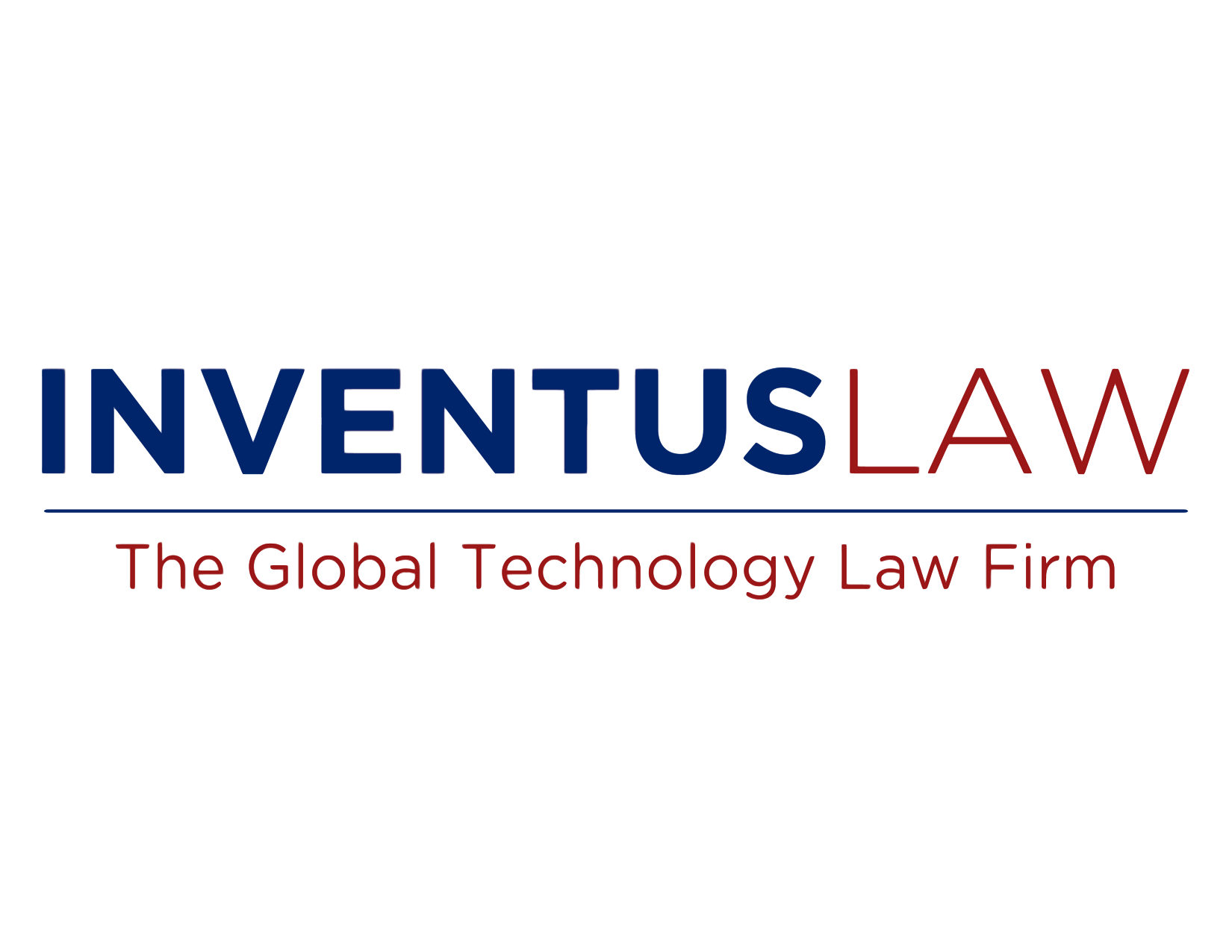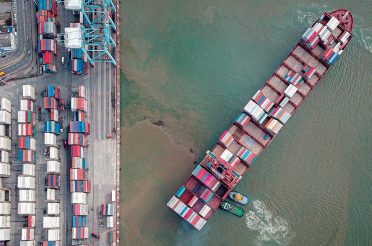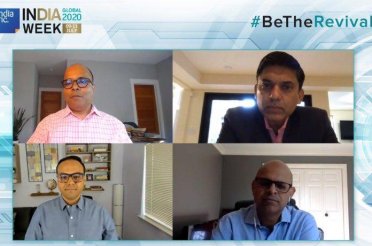TO: Inventus Website
FROM: Linnea E. Vail
DATE: February 15, 2022
TITLE: Indian Export and Import Laws and Regulations
Question Presented
Is it permissible for a shipping company to arrange for port-to-port shipments to Iran, and if so, what are the procedures and rules that apply?
Discussion
- Indian Foreign Trade Policy and SCOMET
The Indian Government has liberalized import and export restrictions to a large extent in the last decade. The Foreign Trade Policy of India (‘FTP’) which governs the export and import of goods and services provides that exports and imports are free (i.e. without any licensing requirement or governmental approval) unless specifically prohibited or regulated or subject to exclusive trading through the State Trading Enterprises[1]. These rules and regulations apply to citizens of India outside of India; companies or bodies corporate, registered or incorporated in India or having their associates, branches or subsidiaries, outside India; any ship, aircraft or other means of transport registered in India or outside India, wherever it may be; and foreigners while in India. The Special Chemicals, Organisms, Materials, Equipment and Technologies (‘SCOMET’) list governs the export of dual-use items from India with a view to ensure that such sensitive items do not fall into the hands of proliferators, non-state actors and terrorists[2]. The SCOMET items are listed in Appendix 3 of Schedule 2 of Indian Trade Classification (Harmonized System) [‘ITC(HS)’] Classification of Export and Import Items. These items are:
Category 0 Nuclear materials, nuclear related other materials, equipment and technology
Category 1 Toxic chemical agents and other chemicals
Category 2 Micro-organisms, toxins
Category 3 Material, Materials Processing Equipment and related technologies
Category 4 Nuclear-related other equipment, assemblies and components, test and production equipment, and related technology, not controlled under Category 0
Category 5 Aerospace systems, equipment including production and test equipment, related technology and specially designed components and accessories thereof
Category 6 Munitions list
Category 7 Reserved
Category 8 Special Materials and Related Equipment, Material Processing, Electronics, Computers, Telecommunications, Information Security, Sensors and Lasers, Navigation and Avionics, Marine, Aerospace and Propulsion.
Over the years, trade in majority of the cases has been free, in some cases regulated, and in very few cases prohibited[3].
In an effort to remediate issues around exporting goods to restricted countries, there are a series of four multilateral export control regimes comprised of multiple nations. Currently, there are four total[4]:
- Missile Technology Control Regime for the control of rockets and other aerial vehicles capable of delivering weapons of mass destruction;
- Wassenaar Arrangement on export controls for conventional arms and dual-use goods and technologies;
- Australia Group for control of chemical and biological technology that could be weaponized; and
- The Nuclear Suppliers Group, for the control of nuclear related technology.
India is a member of each of the above groups, with the exception of the Nuclear Suppliers Group. Therefore, the scope of India’s export controls is established by the type of item involved in the transfer, the type of transaction, the businesses involved in the transaction, whether there are sanctioned countries/end-users involved, and the location where the transaction takes place.
The entity that seeks to trade SCOMET items must create an online profile and obtain a unique Importer-Exporter Code (“IEC”). Application for grant of export authorization has to be made online to the Director-General of Foreign Trade (“DGFT”) as prescribed in the Handbook of Procedures (“HBP”). Certain documents have to be uploaded along with the application, such as a purchase order from the foreign buyer, an end-user certificate(s), technical specifications of the items being exported and bills of entry for items exported during the last year.
- Applicable Regulations and the JCPOA
The Foreign Trade (Development and Regulation) Act of 1992 (“FTDR Act”) empowers the government of India to formulate the export policy and to issue orders prohibiting, restricting or otherwise regulating the export of goods[5]. As per the Foreign Trade Policy of India 2015-2020 (“FTP”), exports and imports shall be ‘free’ except when regulated by way of ‘prohibition’, ‘restriction’ or ‘exclusive trading through State Trading Enterprises (“STEs”)’ as laid down in the Indian Trade Classification (Harmonized System) (ITC (HS)) of Exports and Imports[6]. The import and export policies for all goods are indicated against each item in the ITC (HS). Schedule 2 of the ITC (HS) lays down the Export Policy regime.
Restriction on exports to certain countries is provided under the Foreign Trade Policy 2015-2020, which is available under section 5 of the Foreign Trade (Development and Regulation) Act 1992. It should be noted that the Indian government recently announced that the FTP would be extended to March 31, 2022[7]. The FTP enumerates India’s country and product-specific prohibitions, which includes sanctions against countries such as Iran, North Korea, Iraq, and other countries, which are designative as sanctioned countries by the United Nations. In Section 2.18 of the FTP, it states that “Direct or indirect export to Iran or import from Iran of any item, material, equipment, goods and technology mentioned in the following documents would be permitted subject to the provisions contained in Annex-B to the United Nations Security Council Resolution 2231 (2015).[8]” Resolution 2231 was adopted by the UN in July of 2015 to endorse the Joint Comprehensive Plan of Action (“JCPOA”), otherwise known as the Iran nuclear deal. The JCPOA marked a fundamental shift in its consideration of the Iranian nuclear issue, expressed its desire to build a new relationship with Iran strengthened by the implementation of the JCPOA and to bring to a satisfactory conclusion its consideration of this matter[9]. Since the US withdrawal from the JCPOA in 2018, there have been additional talks to renegotiate the agreement, but these have not concluded.
- Conclusion
The area of export controls in India is a complicated and nuanced collection of rules and regulations. Particularly in light of the shifts in global policy toward Iran, much of the changes to the export control regime depends on updates to the Iran nuclear deal. It should be noted that in October of 2021, India’s largest port operator Adani Ports stated that its terminals would no longer handle export and import of container cargoes from Iran, Pakistan and Afghanistan[10]. The trade advisory applied to all terminals operated by Adani Ports and included third party terminals at any company port, and the statement did not include a date that the advisory would end. For certain items, an export license is required, and clients are advised to carefully review the items being transported to determine whether a license is necessary.
If you have any questions about this memo, please contact Christopher L. Rasmussen, Managing Partner, Inventus Law, PC., at chris@inventuslaw.com or 408-482-3216, or Linnea Vail, Commercial Associate, Inventus Law, PC., at linnea@inventuslaw.com or 650-338-9391.
Disclaimer: The information on this page is being provided for information purposes only and is drafted entirely on the basis of public resources. Information contained on or made available herein is not intended to and does not constitute legal advice, recommendations, mediation or counseling under any circumstance. This information and your use thereof do not create an attorney-client relationship. You should not act or rely on any information provided herein without seeking the advice of a competent attorney licensed to practice in your jurisdiction for your particular business.
[1] Varanasi, Suresh, et al. “India’s Export Control – The SCOMET List.” Mondaq, Mondaq AI, 22 Oct. 2019, https://www.mondaq.com/india/export-controls-trade-investment-sanctions/856098/india39s-export-control-the-scomet-list.
[2] Varanasi, Suresh, et al. “India’s Export Control – The SCOMET List.” Mondaq, Mondaq AI, 22 Oct. 2019, https://www.mondaq.com/india/export-controls-trade-investment-sanctions/856098/india39s-export-control-the-scomet-list.
[3] Varanasi, Suresh, et al. “India’s Export Control – The SCOMET List.” Mondaq, Mondaq AI, 22 Oct. 2019, https://www.mondaq.com/india/export-controls-trade-investment-sanctions/856098/india39s-export-control-the-scomet-list.
[4] Varanasi, Suresh, et al. “India’s Export Control – The SCOMET List.” Mondaq, Mondaq AI, 22 Oct. 2019, https://www.mondaq.com/india/export-controls-trade-investment-sanctions/856098/india39s-export-control-the-scomet-list.
[5] Mishra, Ajinkya Gunjan, et al. “Export Controls in India.” Lexology, Law Business Research, 16 Aug. 2019, https://www.lexology.com/library/detail.aspx?g=020560ac-7377-4f4c-badb-a0b8ab82ea27.
[6] Mishra, Ajinkya Gunjan, et al. “Export Controls in India.” Lexology, Law Business Research, 16 Aug. 2019, https://www.lexology.com/library/detail.aspx?g=020560ac-7377-4f4c-badb-a0b8ab82ea27.
[7] Chopra, Rupin, et al. “Foreign trade policy 2015-2020- extended till March 31, 2022.” Lexology, Law Business Research, 14 Oct. 2021, https://www.lexology.com/library/detail.aspx?g=3ff7a719-fe1d-4c90-b511-ba0fa8096f97.
[8] India Foreign Trade Policy 2015-2020, available at https://content.dgft.gov.in/Website/dgftprod/a913d6f4-7830-42f6-822c-66fd85ac74f7/FTP%20Chapter2-Updated%20as%20on%20%2010.08.2021.pdf
[9] See https://www.un.org/securitycouncil/content/2231/background
[10] Mitra, Anuron Kumar. “India’s Adani Ports to Stop Handling Containers from Iran, Pakistan, Afghanistan.” Reuters, Thomson Reuters, 11 Oct. 2021, https://www.reuters.com/world/india/indias-adani-ports-stop-handling-containers-iran-pakistan-afghanistan-2021-10-11/.








